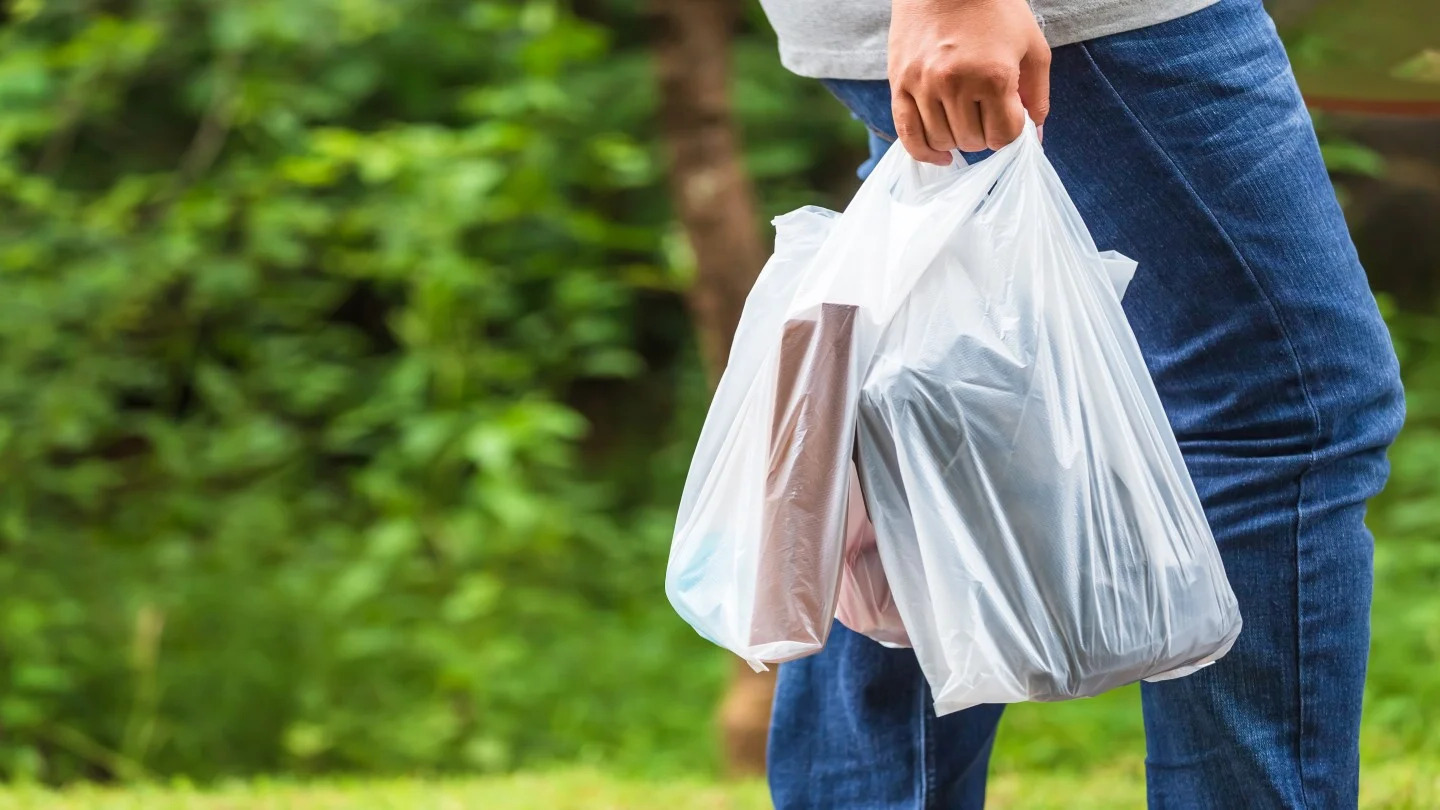
In today's eco-conscious society, understanding the impact of plastic bags is more crucial than ever. Plastic bags have woven their way into our daily lives, but at what cost to the environment? With over a trillion used annually worldwide, their convenience comes with a significant ecological footprint. This post aims to shed light on 14 facts about plastic bags that everyone should know. From their inception to the current global efforts to reduce their use, these insights will not only inform but also inspire action towards more sustainable alternatives. Whether you're a concerned citizen, a student, or someone looking to make a difference, these facts will equip you with the knowledge needed to rethink our reliance on plastic bags.
The Origin of Plastic Bags
Plastic bags are ubiquitous in our daily lives. But where did they come from? Let's dive into some fascinating facts about their origin.
-
Plastic bags were invented in 1965 by Swedish engineer Sten Gustaf Thulin. He developed a method to create a simple, strong, and lightweight bag by folding, welding, and die-cutting a flat tube of plastic.
-
The first plastic bags were introduced to the U.S. in 1979. Initially, they were used in grocery stores and quickly gained popularity due to their convenience and durability.
-
Plastic bags were designed to be reusable. Thulin intended for them to replace paper bags, which were less durable and more resource-intensive to produce.
Environmental Impact of Plastic Bags
Plastic bags have a significant impact on the environment. Here are some key facts that highlight their effects.
-
Plastic bags take up to 1,000 years to decompose. They break down into microplastics, which can persist in the environment and harm wildlife.
-
Over 1 trillion plastic bags are used worldwide each year. This staggering number contributes to pollution and waste management challenges.
-
Plastic bags are a major source of marine pollution. They often end up in oceans, where they can harm marine life. Animals can mistake them for food, leading to ingestion and entanglement.
Efforts to Reduce Plastic Bag Usage
Many countries and organizations are taking steps to reduce plastic bag usage. Here are some notable efforts.
-
Bangladesh was the first country to ban plastic bags in 2002. The ban was implemented to address severe flooding caused by clogged drainage systems.
-
The European Union aims to reduce plastic bag use by 80% by 2025. Member states are encouraged to implement measures such as taxes, bans, and awareness campaigns.
-
Reusable bags are gaining popularity. Many consumers are switching to reusable bags made from materials like cloth, jute, and recycled plastics to reduce their environmental footprint.
Interesting Facts About Plastic Bags
Plastic bags have some surprising and lesser-known aspects. Here are a few intriguing facts.
-
Plastic bags can be recycled into new products. They can be turned into items like park benches, playground equipment, and even new bags.
-
Some plastic bags are biodegradable. These bags are made from materials that break down more quickly in the environment, reducing their impact.
-
Plastic bag bans can lead to unintended consequences. In some cases, bans have led to increased use of paper bags, which have their own environmental drawbacks.
The Future of Plastic Bags
The future of plastic bags is evolving as new technologies and policies emerge. Here are some forward-looking facts.
-
Bioplastics are being developed as alternatives. These plastics are made from renewable resources like corn starch and sugarcane, offering a more sustainable option.
-
Innovative recycling programs are being implemented. Programs like plastic bag take-back schemes and advanced recycling technologies aim to reduce plastic waste and promote a circular economy.
A Final Look at Plastic Bags
We've journeyed through the world of plastic bags, uncovering their impact, origins, and alternatives. Armed with these insights, we're better positioned to make informed choices about our use of plastic bags. Remember, every small action counts. Opting for reusable bags over single-use plastics can significantly reduce pollution and conserve resources. Let's not forget, plastic bags didn't just appear overnight; they were a solution to a past problem. Today, we're tasked with solving the problem they've become. It's on us to adapt, innovate, and choose sustainability for the planet's future. So, next time you're at the checkout, think about the journey of that plastic bag and the difference choosing an alternative could make.
Was this page helpful?
Our commitment to delivering trustworthy and engaging content is at the heart of what we do. Each fact on our site is contributed by real users like you, bringing a wealth of diverse insights and information. To ensure the highest standards of accuracy and reliability, our dedicated editors meticulously review each submission. This process guarantees that the facts we share are not only fascinating but also credible. Trust in our commitment to quality and authenticity as you explore and learn with us.


